You are here
New Releases

LEAVING NO YOUTH BEHIND IN TIMOR-LESTE POLICY BRIEF # 2 MIGRANT YOUTH IN DILI CITY
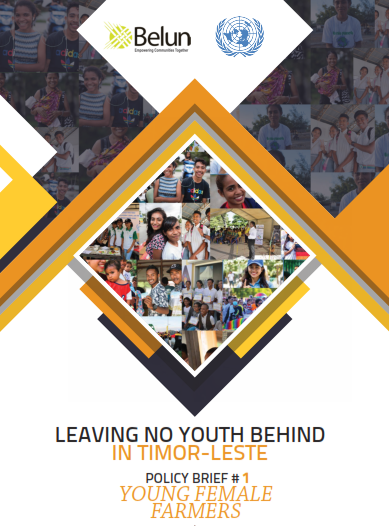
LEAVING NO YOUTH BEHIND IN TIMOR-LESTE POLICY BRIEF # 1 YOUNG FEMALE FARMERS
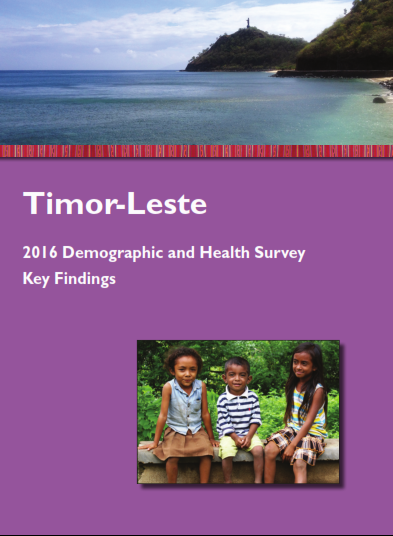
Timor-Leste 2016 Demographic and Health Survey (Key Findings)
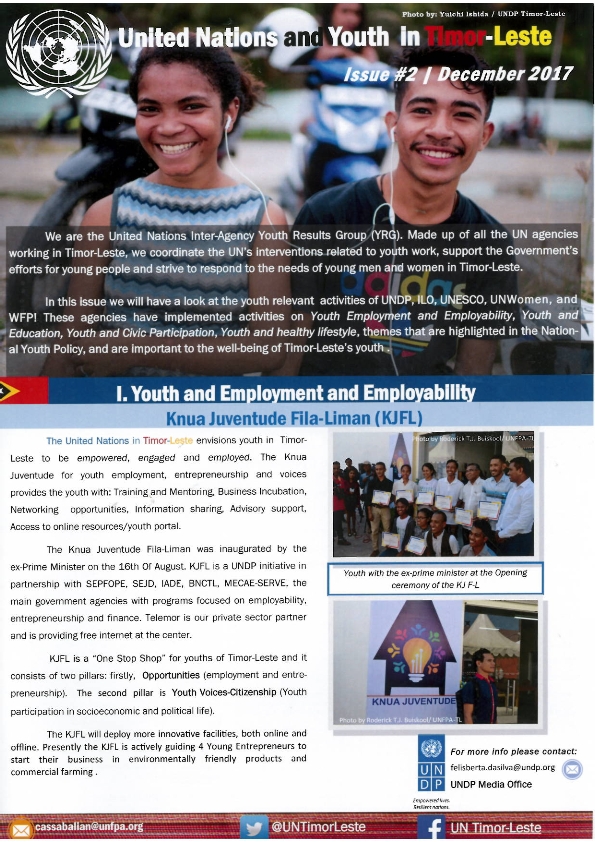
United Nations and Youth in Timor-Leste Newletter issue #2
We are the United Nations Inter-Agency Youth Results Group (YRG). Made up of all the UN agencies working in Timor-Leste, we coordinate the UN’s interventions related to youth work, support the Government’s efforts for young people and strive to respond to the needs of young men and women in Timor-Leste. In this issue we will have a look at the youth relevant activities of UNDP, ILO, UNESCO, UNWomen, and WFP! These agencies have implemented activities on Youth Employment and Employability, Youth and Education, Youth and Civic Participation, Youth and healthy lifestyle, themes that are highlighted in the National Youth Policy, and are important to the well-being of Timor-Leste’s youth .
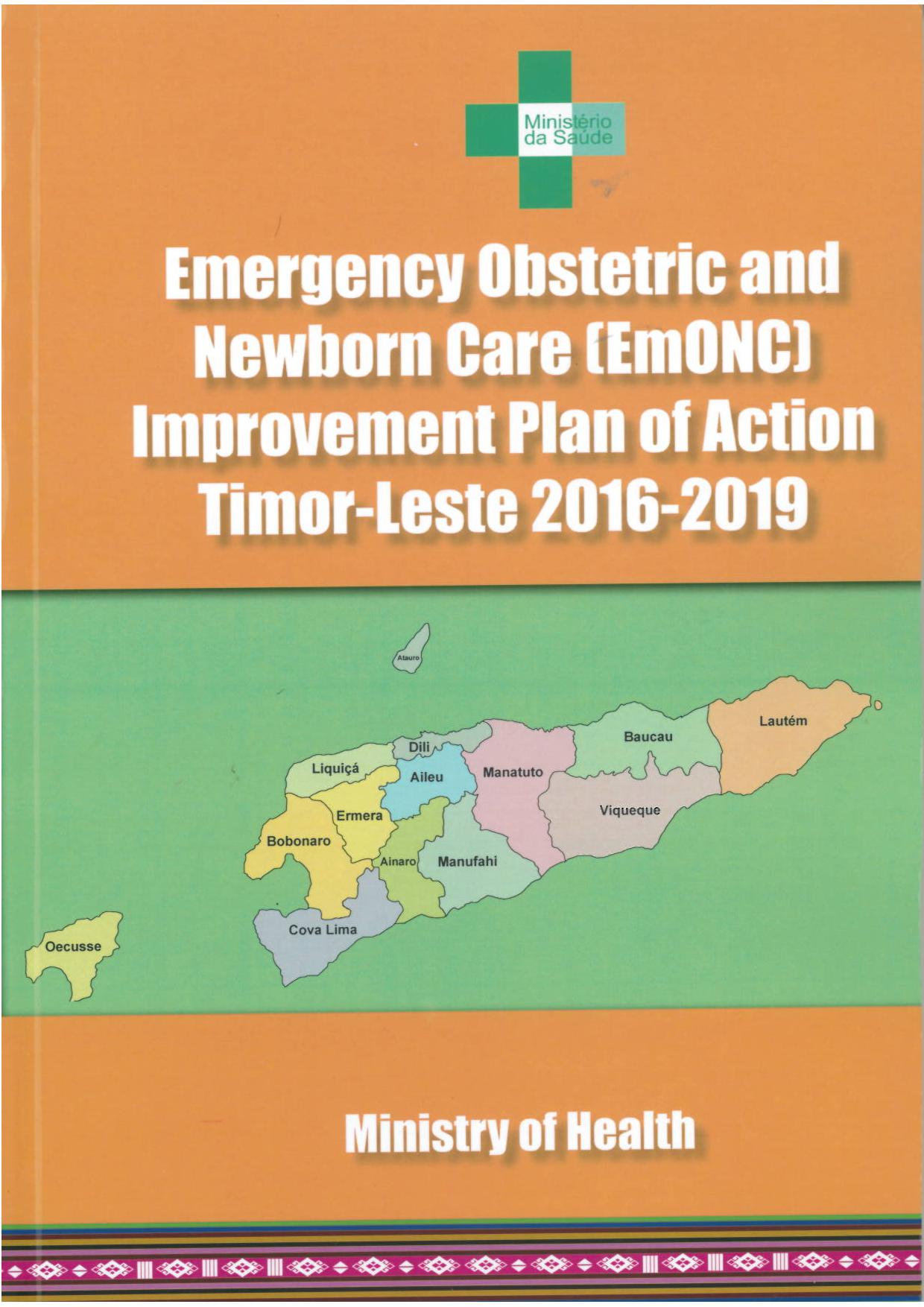
Emergency Obstetric and EmONC Improvement Plan of Action
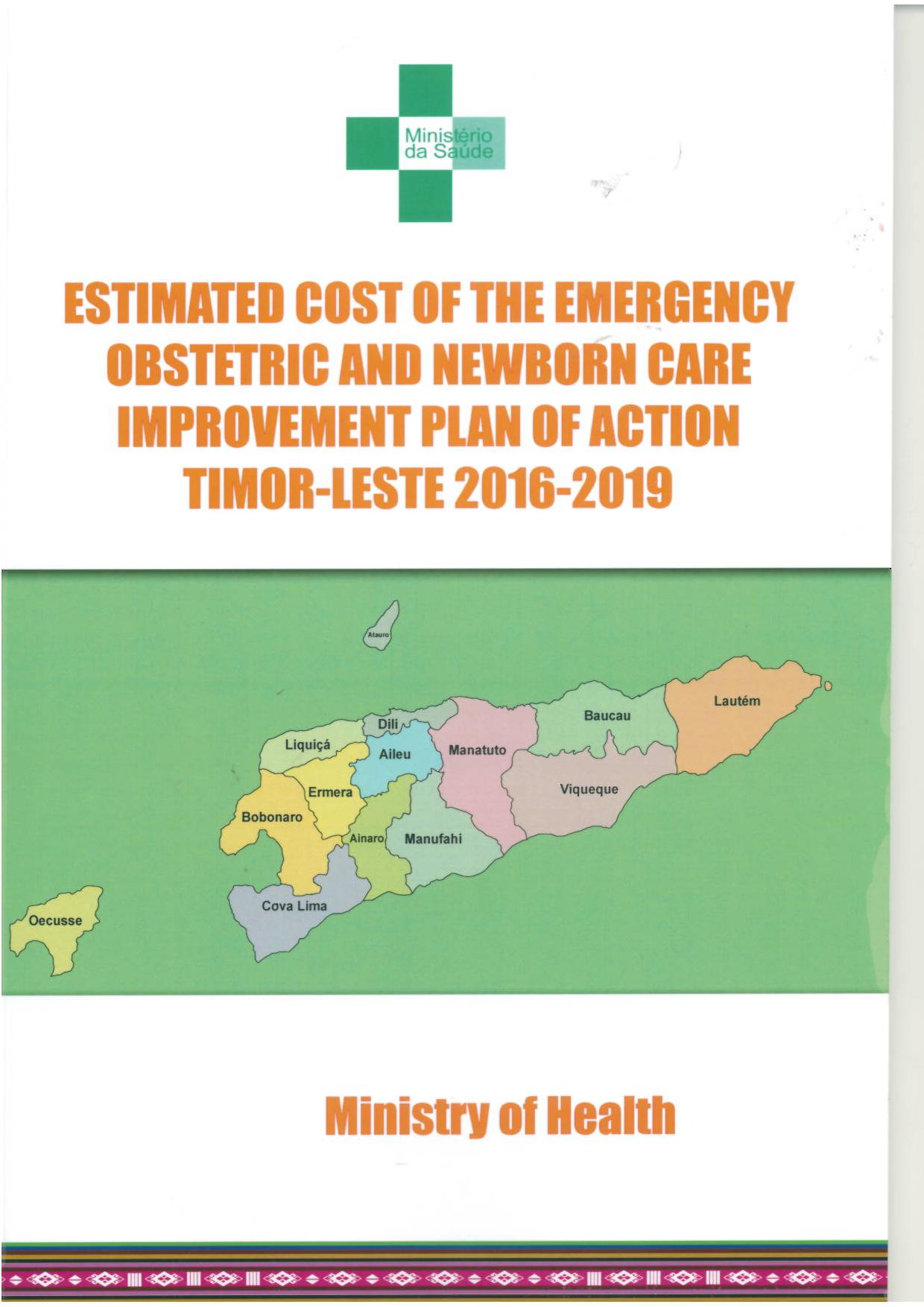
Estimated Cost of the Emergency Obstetric and Newborn Care Improvement Plan of Action Timor-Leste 2016-2019
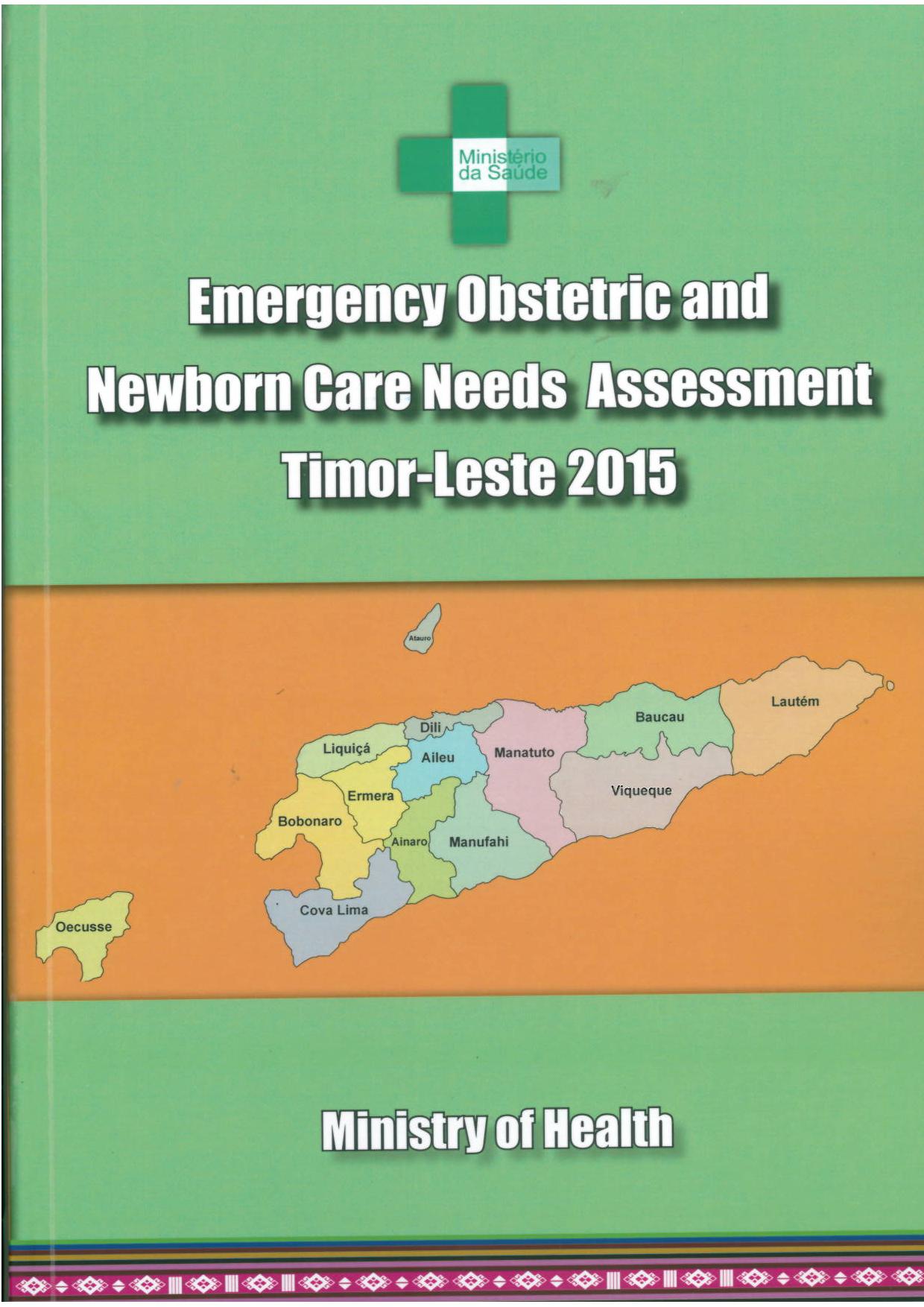
Emergency Obstetric and Newborn Care Needs Assessment
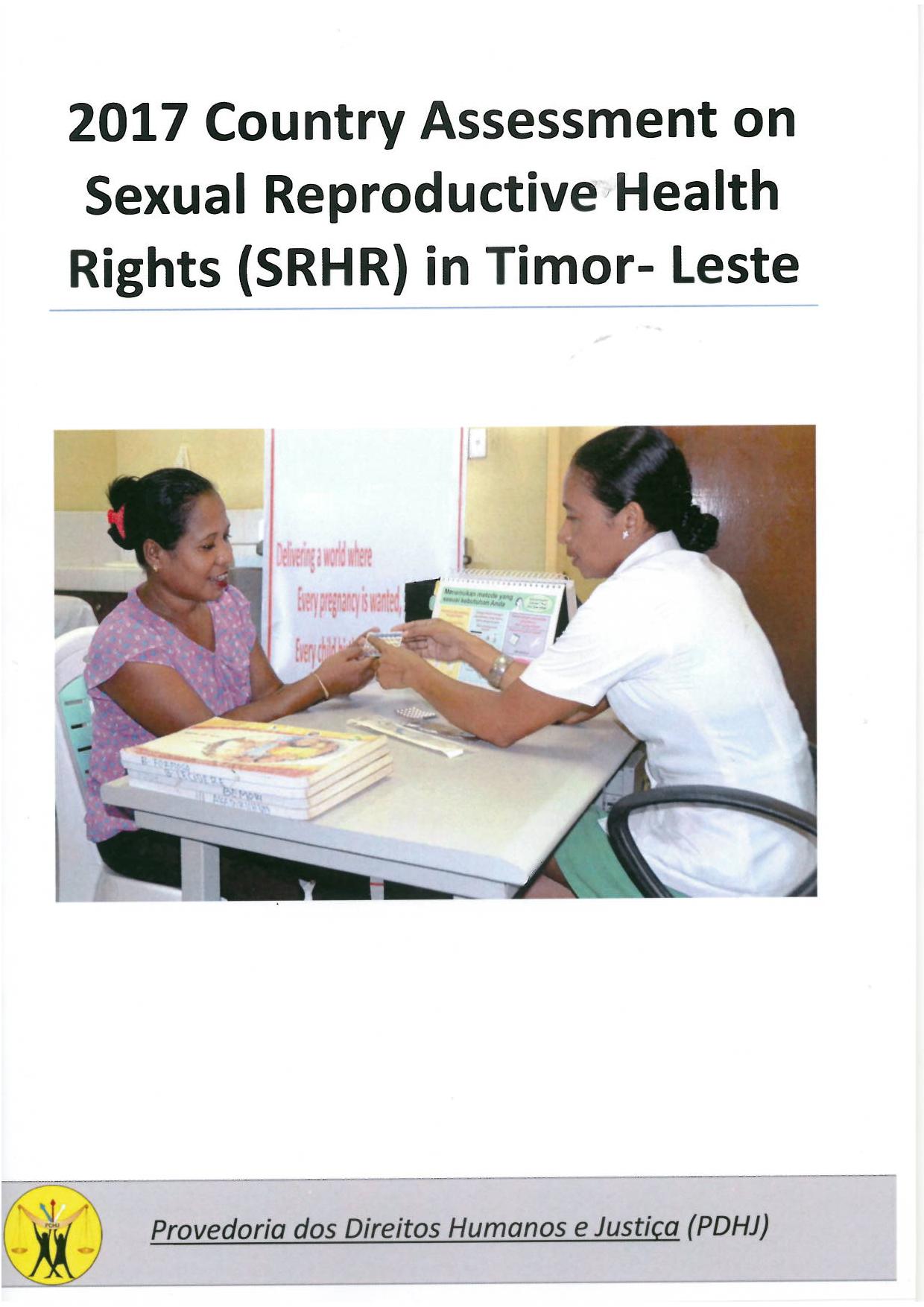
2017 Country Assessment on Sexual Reproductive Health Rights (SRHR) in Timor- Leste
Since its independence in 2002, Timor-Leste has made significant progress in social and economic development. The country achieved lower middle-income status in 2011 and has ambitions to reach upper middle-income status by 2030. As the country continues to experience socio-economic and security-related advances, the situation for women, men, girls and boys in Timor-Leste has also improved. However, major challenges remain in the area of sexual and reproductive health and rights.
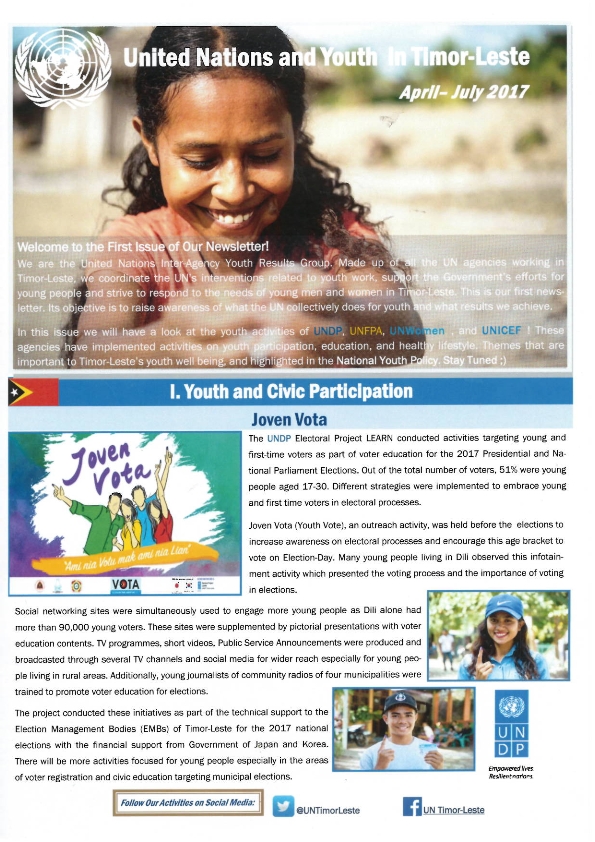
United Nations and Youth in Timor-Leste Newletter issue #1
Pragmatism trumps dogma: UNFPA and the Catholic Church
The United Nations Population Fund recently publication Many Faiths, Different Contexts - Experiences with Faith Based Organizations in the Asia and Pacific Region includes a piece on UNFPA and the Ministry of Health pragmatic approach to working with the Catholic Church in Timor-Leste to promote reproductive health and rights. In 2010 the MoH and UNFPA approached the Catholic diocese to elicit their support on the national family planning programme, recognising that religious leaders offer guidance on health-related matters which can encourage healthy behaviours among their followers. Although the Catholic Church is typically seen as stringently opposed to modernl methods of contraception, the Church in Timor-Leste has taken a more nuanced approach.